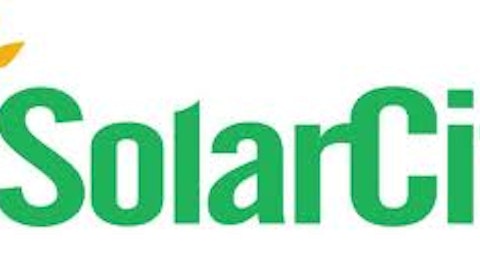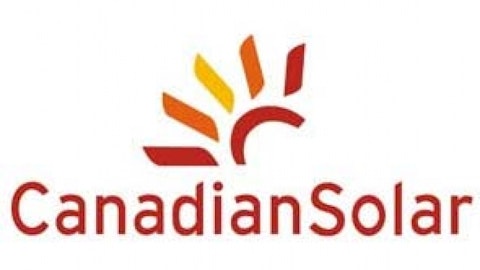Is Sunrun for sale?
Residential solar leasing company Sunrun was in the news this week after Power Intelligence reported that Goldman Sachs has been hired to do a “strategic evaluation” of the company. The company’s spokesperson quickly shot down sale rumors, but given SolarCity’s success as a public company and the growing appetite for solar, it wouldn’t be surprising to see the company either go public or find a strategic buyer.
There’s a big difference between Sunrun and SolarCity or SunPower, though. Sunrun doesn’t make panels like SunPower does and doesn’t have boots on the ground installing solar like SolarCity does. It’s more of a middleman, providing financing and software installers use to bid for solar projects. It is also dependent on leasing and net metering, which is more risky than a company like SunPower, with multiple downstream channels, or SolarCity, which can build and sell systems to homeowners or commercial developers.
With that said, it would be an interesting company to see hit the public markets, because the capital-light business model should allow it to grow faster than SunPower or SolarCity. That’s the upside, and investors would love to have more exposure to the rapidly growing leasing market. For now these are just rumors, but I wouldn’t be surprised to see the company go public some time in the next year or two.
Does Arizona love or hate solar?
The battle over the future of net metering is taking place in Arizona, and it’s a brutal fight right now. Arizona’s monopoly utility Arizona Public Service has proposed putting either a monthly fee on owners of solar for access to the grid or a lower rate than net metering for solar, both of which would reduce the return on installing solar.
On the surface, it seems like a reasonable request, because solar owners have access to the grid when they’re not producing energy and pay very little to the utility because their net use is low. APS also argues that solar pushes the cost of the grid (transmission and distribution costs) onto those without solar.
What APS doesn’t talk about is the benefits of solar. The use of solar offsets power from other energy sources, providing cleaner energy, and also reduces stress on the grid because it’s used locally. From a financial perspective, solar power is also produced when grid demand is at its highest in Arizona. When air conditioners are blasting, it’s most likely sunny, and when it’s sunny, solar is producing power. If it weren’t for solar power, APS would have to buy that power from a peak producer, which can be four or five times the cost of the average power bill, so solar is much lower cost than the peak power it is often replacing.
It’s also hotly debated whether more solar actually raises electricity costs overall. Germany recently hit a new solar peak of 23.9 GW, which is about 40% of the country’s power needs, and there hasn’t been chaos or spiking prices as a result. Arizona is only a fraction of that exposure to solar, so the stress on the system is far less.
APS appears to be losing the battle against net metering, and that’s good for SunPower, SolarCity, Sunrun, and others, but this is the first of many battles to come. The industry needs to learn how to live with solar and profit from it, rather than fighting solar’s inevitable adoption. That’ll take time and will often take different shapes, given the localized nature of both utilities and solar power’s adoption rate. There will no doubt be more to come about this topic.
The article This Week in Solar originally appeared on Fool.com and is written by Travis Hoium.
Fool contributor Travis Hoium manages an account that owns shares of SunPower, personally owns shares of SunPower, and has long January 2015 $5, $7, $15, $25, and $40 calls on SunPower. The Motley Fool has no position in any of the stocks mentioned.
Copyright © 1995 – 2013 The Motley Fool, LLC. All rights reserved. The Motley Fool has a disclosure policy.





